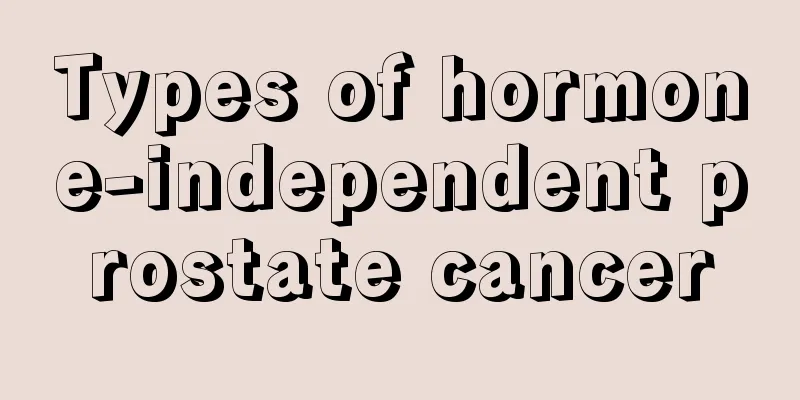Does CT enhanced contrast agent have side effects?

|
At present, CT is the best way to examine diseases. A certain amount of contrast agent will be used during the entire operation. This is a common drug that can enhance the accuracy of the examination. However, the side effects it brings to the body should not be underestimated. For example, the most common one is gastrointestinal reaction, diarrhea, abdominal pain, constipation, etc. Some patients will also experience nausea, vomiting and other adverse reactions. 1. What is a contrast agent? Contrast media (also known as contrast media) are chemicals injected (or taken) into human tissues or organs to enhance imaging observation effects. These products are denser or denser than surrounding tissue, creating contrast that is used to display images using certain devices. Such as iodine preparations and barium sulfate commonly used in X-ray observation. Contrast agents are one of the most commonly used drugs in interventional radiology procedures and are mainly used to display blood vessels and body cavities. There are various types of contrast agents, and most of the contrast agents currently used in interventional radiology are iodine-containing preparations. Since the first successful femoral artery angiography using 50% sodium iodide in the United States in 1924, contrast agent products have been continuously updated, just like the development of interventional radiology. Next, let’s learn about the side effects of CT contrast agents. 2. Are there any side effects of CT contrast agents? CT iodine contrast agents have certain adverse reactions, such as gastrointestinal reactions, vomiting, urticaria, shock and even death. Most hospitals perform iodine contrast agent allergy tests, but as a product that has been used for decades, it is safe for clinical use. The proportion of serious adverse reactions, such as shock, is about one in a thousand, and the death rate due to shock is only one in ten thousand. Professor Li Kuncheng, a famous radiation expert, believes that strictly speaking, the adverse reactions to CT contrast agents are not allergic reactions, but "allergic-like reactions." Because allergic reactions have an "allergen", the allergic-like reaction to CT contrast agents has no allergen, but modern medicine cannot clearly explain the mechanism of its occurrence. Some people are fine when injected with small doses of CT contrast agents, but have adverse reactions when injected with large doses; some people have reactions when injected with small doses of contrast agents, but are fine when injected with large doses. People with different body types react differently, and this is not a true allergic reaction. In addition, patients with renal insufficiency should not undergo enhanced CT examinations. Therefore, if you experience the above side effects after ingesting CT contrast agents, you should report it to your doctor promptly. |
<<: What are the side effects of ct contrast agents?
>>: Can dandelion cure prostatitis?
Recommend
Nursing requirements for nasopharyngeal carcinoma that need attention in daily life
Nasopharyngeal carcinoma is a malignant tumor tha...
Introduction to tips for getting rid of acne
Acne itself is a very annoying thing. It is terri...
Characteristics of hematuria caused by urinary system tumors
Some people will have blood in their urine, which...
The thigh root is red and swollen with bloodshot
The groin is a very private area and not very obv...
What should I use to wash the chili peppers on my hands
Chili can be said to be a condiment that many peo...
Can hot compress remove eye bags?
After most people have eye bags, they will choose...
Why do patients with ovarian cancer need chemotherapy before surgery?
With the progress of the times, people's livi...
Always exposed to chemicals, beware of bladder cancer. How does bladder cancer occur?
Bladder cancer refers to a malignant tumor that d...
How can I refresh myself
Nowadays, whether students or office workers, eve...
Isolation measures for multi-drug resistant bacteria
In the hospital, we can smell the smell of disinf...
Poor sleep quality
Sleep quality mainly refers to the difficulty in ...
What causes sciatica?
In our daily life, we must pay attention to the o...
What are the clinical symptoms of colorectal cancer?
Colorectal cancer is a common tumor in my country...
What diseases are easily confused with prostate cancer
In recent years, prostate cancer has become one o...
What can roses be used for
Beautiful flowers like roses are usually gifts gi...









